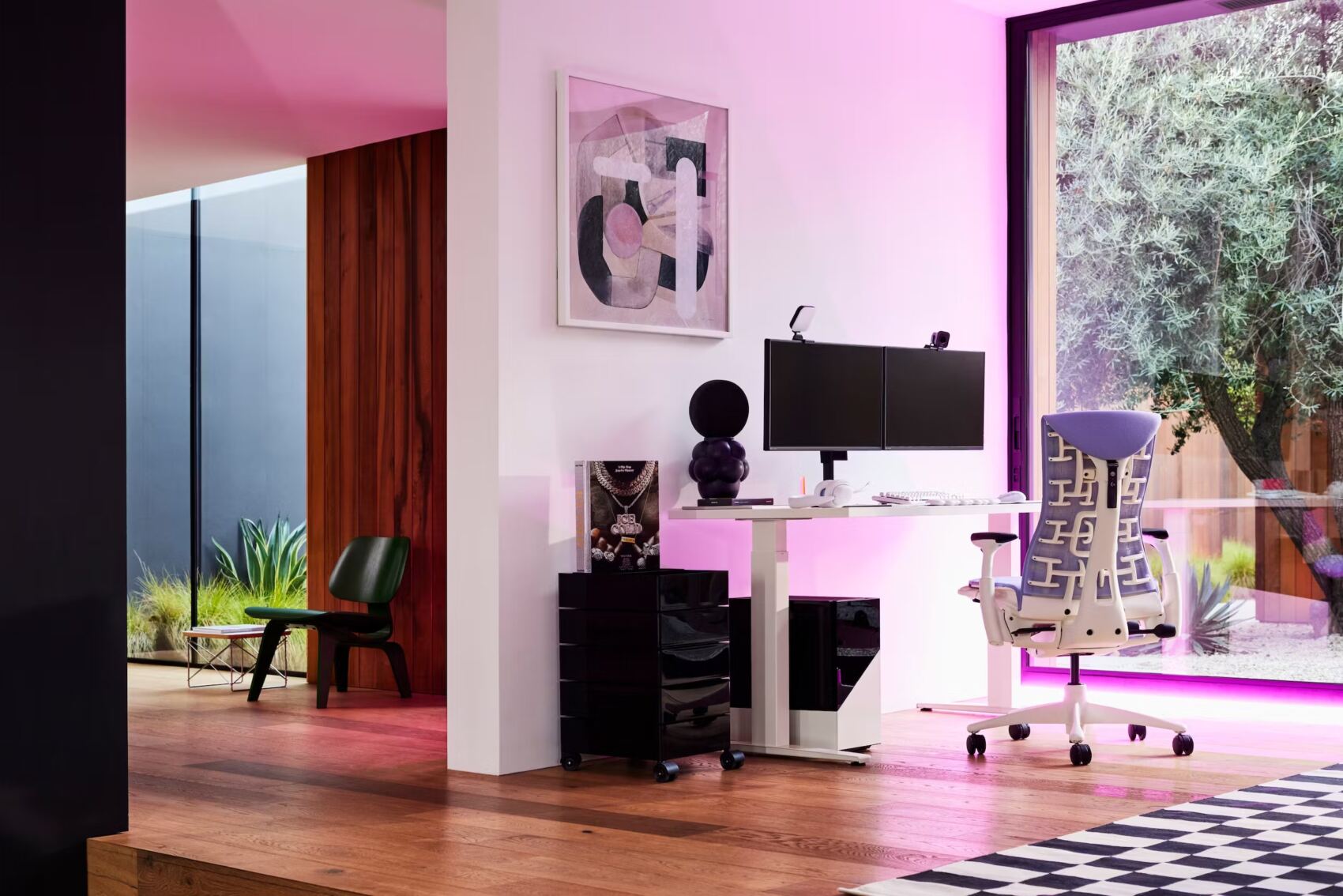Acquiring hospital furniture represents a sizeable investment fraught with consequences for patients, healthcare providers, and facility administrators. Optimal choices yield safe, functional environments promoting healing, worker satisfaction, and fiscal responsibility. Applying five salient suggestions simplifies sourcing rugged, dependable medical furnishings.
Material quality and construction:
Opt for hospital furniture in Dubai made from high-quality materials known for their durability and ease of cleaning. Stainless steel, aluminium, and high-grade plastics are popular choices for their strength, resistance to corrosion, and ability to withstand frequent disinfection. Ensure furniture joints are sturdy and well-constructed to endure daily use without weakening over time.
Ergonomic design and patient comfort:
Choose hospital furniture that considers ergonomic design and patient comfort. Adjustable beds, chairs with lumbar support, and ergonomic mattresses improve patient well-being and reduce the risk of pressure ulcers. Ergonomically designed furniture also supports healthcare staff in providing efficient care while maintaining patient comfort and safety.
Ease of maintenance and cleaning:
Select hospital furniture that is easy to clean and maintain. Smooth surfaces, smooth upholstery, and removable components simplify disinfection processes, reducing the risk of cross-contamination and healthcare-associated infections. Verify compatibility with hospital-approved cleaning agents to ensure furniture longevity without compromising material integrity.
Compatibility with healthcare standards:
Ensure hospital furniture complies with relevant healthcare standards and regulations, such as those set by health authorities or accreditation bodies. Look for certifications indicating adherence to infection control guidelines, fire safety regulations, and ergonomic standards. Compliance ensures patient safety, staff satisfaction, and operational efficiency within healthcare facilities.
Warranty and after-sales support:
Consider suppliers offering inclusive warranties and reliable after-sales support. A robust warranty protects against manufacturing defects and premature wear, providing peace of mind and cost savings over the furniture’s lifecycle. Establish clear communication channels with suppliers for prompt resolution of any issues or maintenance requirements that may arise post-purchase.
Investing in durable hospital furniture involves careful consideration of material quality, ergonomic design, ease of maintenance, compliance with healthcare standards, and post-purchase support. By considering these factors, healthcare facilities can select furniture that promotes patient comfort, supports efficient care delivery, and withstands the rigorous demands of healthcare environments. Eventually, durable hospital furniture contributes to a safe, hygienic, and efficient healthcare setting conducive to optimal patient outcomes and staff satisfaction.
